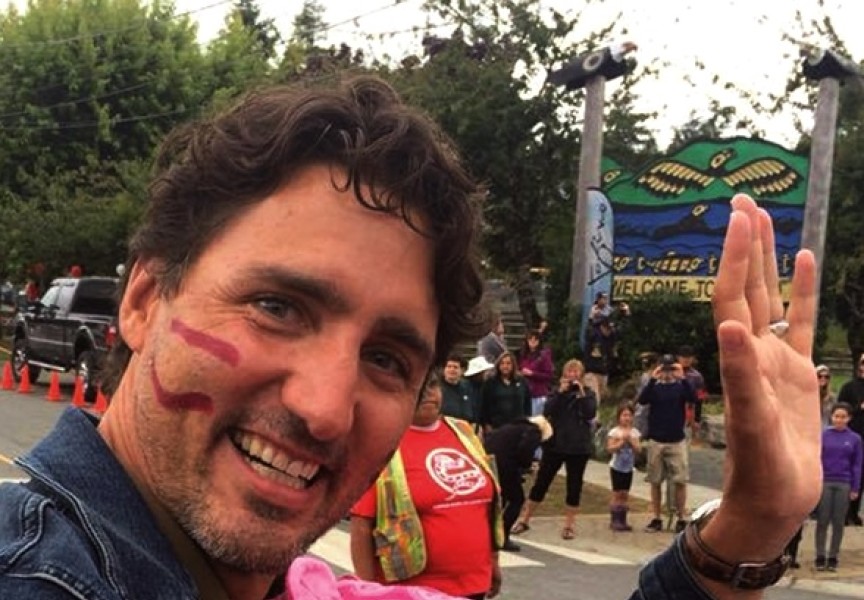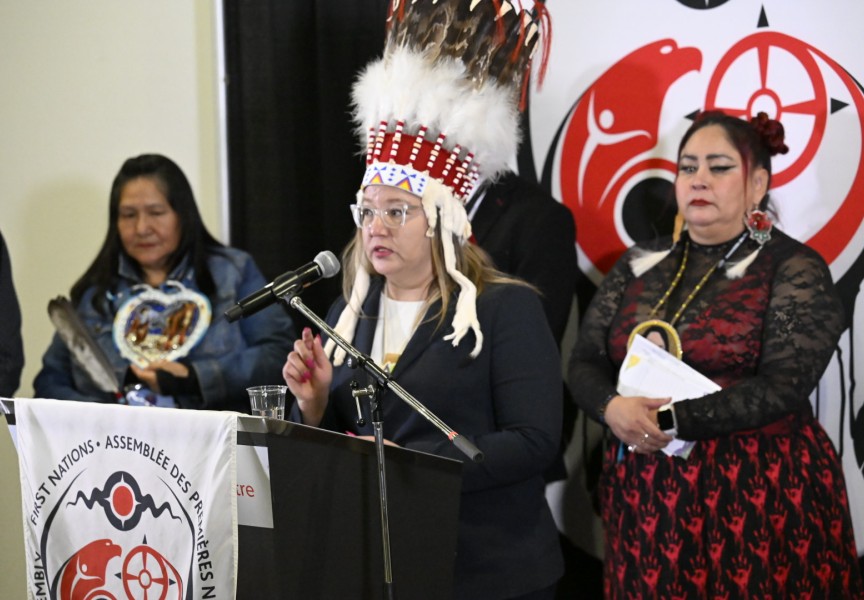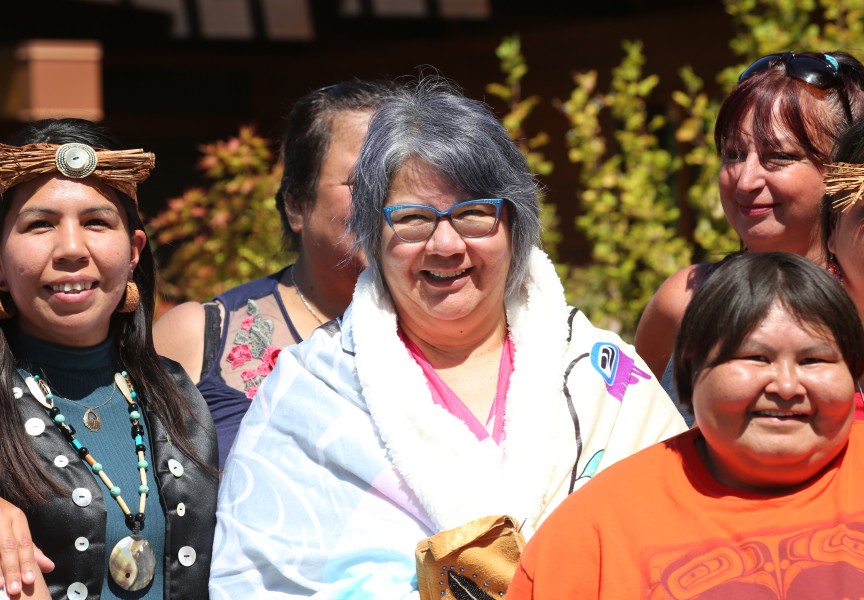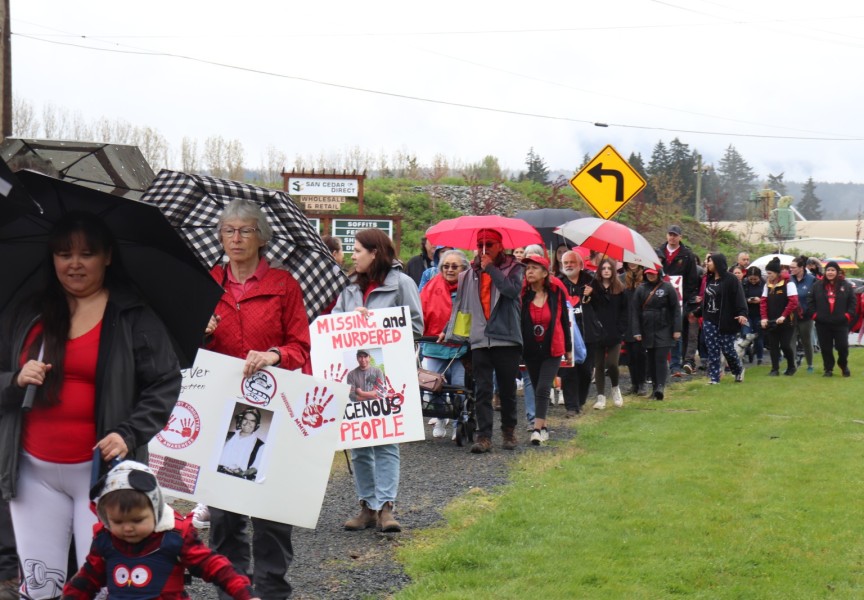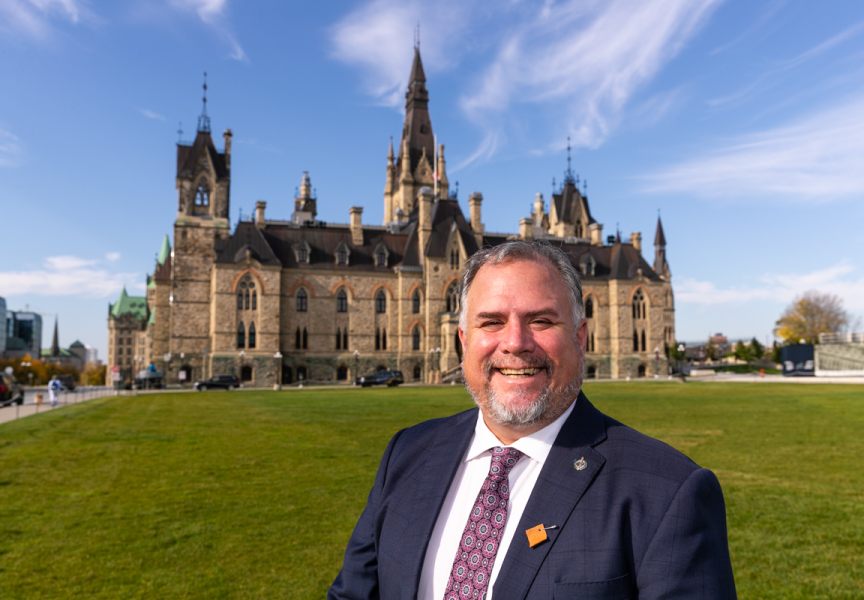Today, the Huu-ay-aht First Nations declared its support for the Trudeau government's leadership on the economy, environment, and long-term reconciliation with First Nations.
One year into its term, Trudeau's government has had to make some tough decisions in advance of longer-term reconciliation with First Nations being achieved. As a coastal community potentially impacted by these decisions, Huu-ay-aht First Nations leadership has completed a review of the Kinder Morgan Trans Mountain and Northern Gateway pipeline decisions made earlier this week, as well as the decision to formalize an oil tanker ban on the north coast of British Columbia.
"These decisions are never easy," said Tayii Ha'wilth Tliishin (Head Hereditary Chief Derek Peters). "Huu-ay-aht respects everyone's right to their own opinion. That said, it is the responsibility of governments to enable economic development while protecting the environment, in both the short and the long term."
In our view, the Trudeau government is on its way to successfully achieving principled resource development and effective environmental stewardship in a manner consistent with our three core traditional values of iisaak, hish-uk tsawak, and uu-a-thluk.
"I am happy to see Prime Minister Trudeau and his government being proactive in consulting and working with First Nations," Tliishin continues. "I am also happy to see the hereditary and elected leaders of our Nation work together to support our Nation."
While short-term decisions on projects such as Trans Mountain and Northern Gateway are being made, work must continue on the longer-term goal of reconciliation, where First Nations will one day co-manage their territories with industry and government as their partners.
"Everyone must recognize that Canada is in a time of transition with the economy, the environment, and with First Nations reconciliation," said elected Chief Councillor Robert J. Dennis Sr. "A nation-to-nation relationship will take considerable commitment and time. We must not let respectful differences in the short term stand in the way of our mutual long-term goal of ensuring that First Nations take their rightful place in this country."
The Huu-ay-aht First Nations look forward to working together with industry and all levels of government to advance reconciliation and achieve the important balance between pursuing prosperity for all Canadians and protecting the land, sea, and resources that form the basis of that prosperity.
Huu-ay-aht Core Values
The concept of iisaak can be interpreted as meaning "greater respect and respect with caring." It is the public demonstration and acknowledgment of respectful interaction between individuals, groups, communities and generally between the human world and the natural world. The is the value most concerned with ensuring First Nations are meaningfully involved in projects such as these.
The concept of hish-uk tsawak can be interpreted as meaning "everything is one." It is the acknowledgment and appreciation for the wide and deep interconnectedness, interdependence and reciprocal relationship between all things in the human and natural worlds. This is the value most concerned with ensuring a comprehensive and evidence-based approach is taken in considering the positive and negative impacts of these projects.
The concept of uu-a-thluk can be interpreted as meaning "taking care of (present and future generations)." It is the need of government to consider the generations-long interest of the Nation and its people in addition to more immediate desires. This is the value most concerned with an approach that balances the needs of today with the needs of the future.
Further Information
The Huu-ay-aht First Nations (HFN) is an indigenous community located on the west coast of Vancouver Island in British Columbia. It is a part of the Nuu-chah-nulth culture group, formerly called the Nootka. The HFN is a party to the Maa-nulth Final Agreement, a modern treaty that grants its five member-nations constitutionally-protected self-government as well as ownership, control and law-making authority over their lands and resources.


